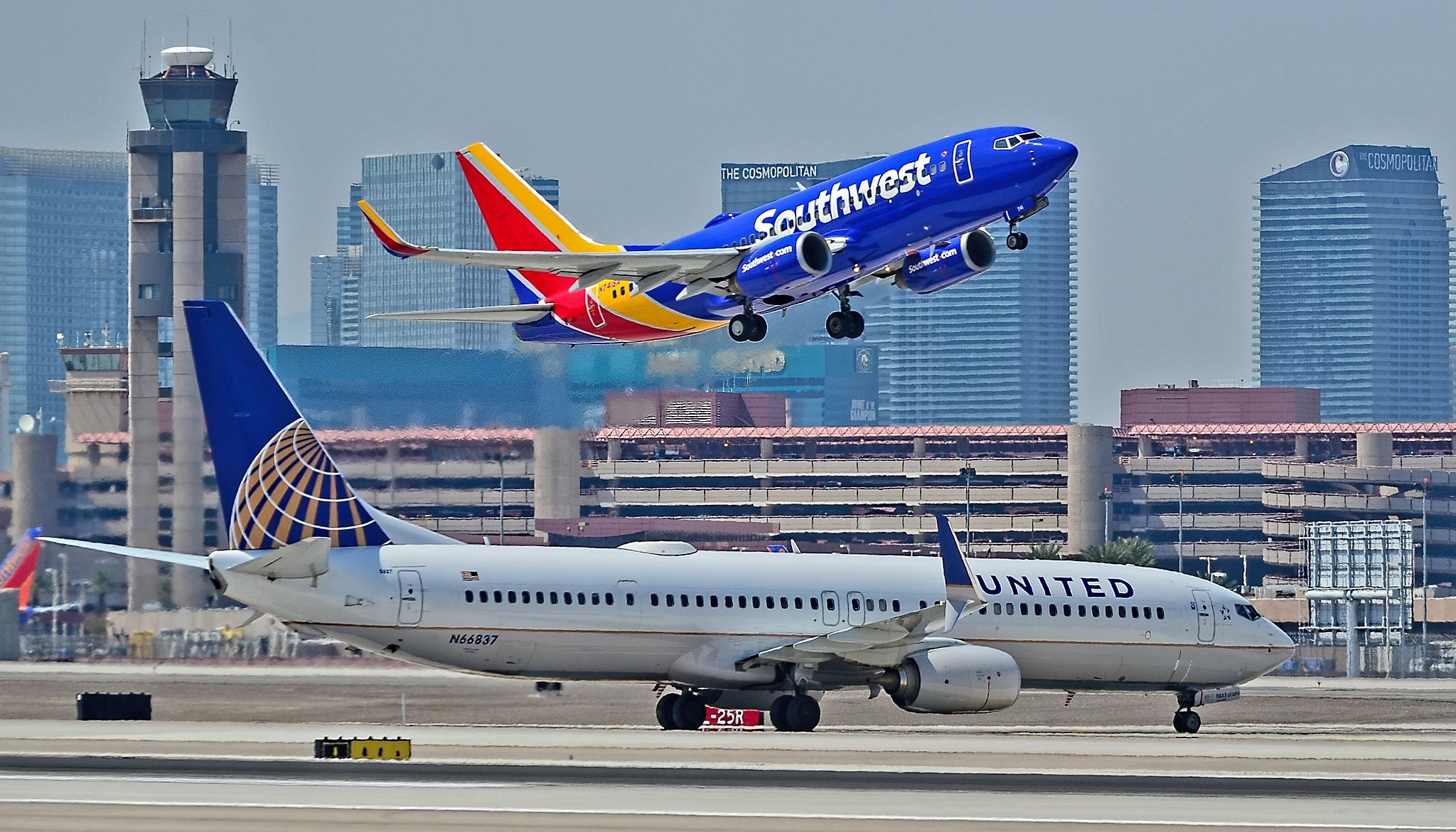United and Southwest quietly revived airline debit cards. Here is who they help, what they offer, and when you should skip them.

A Throwback Idea Makes A Comeback
For years, the story in airline loyalty has been simple. If you want to earn serious miles, you reach for a credit card. Debit cards used to play in that space, but the Durbin Amendment in 2010 capped swipe fees and took much of the profit out of debit rewards. Banks and airlines moved on, and debit card mileage programs mostly faded into the background.
Now, United Airlines and Southwest Airlines are trying something different. Both carriers have revived airline debit cards that earn miles or points without a credit check and without diving into the deep end of premium annual fees. It is a bit of a retro move, but it targets a very modern crowd. Travelers who want rewards, prefer to spend only what is in their account, and either cannot or simply do not want to open another credit line.
United’s MileagePlus Debit Rewards: Miles Without A Credit Check
United MileagePlus has partnered with Sunrise Banks on a product called the MileagePlus Debit Rewards card. It will not replace your favorite premium credit card, although it is not really trying to. Instead, it aims for people who like United miles but are more comfortable with debit or for those who may not qualify for a credit card.
The basics are straightforward. There is a $4 monthly fee, which disappears if you keep a $2,000 balance in the linked account. Everyday spending earns 1 MileagePlus mile per dollar, which is simple enough to explain to anyone, even if you never want to think about category bonuses again.
There is also a modest sign up incentive. Spend $500 in the first four months and earn 10,000 bonus miles. Put $10,000 of spend on the card in a calendar year and United throws in another 2,500 miles. None of this is going to move the needle for Premier status or fund a business class trip to Tokyo on its own, but for someone who is not using credit it is an easy way to keep miles trickling in.
Where this card shines is access. There is no credit pull to worry about and no temptation to carry a balance at 25% interest. If you have cash in the account, you can spend. If you do not, the transaction does not go through. For parents setting up a first “travel card” for a college student or for anyone rebuilding their credit profile, that is not nothing. In fact, some domestic coach awards start at 7,500 points for short haul flights.
Southwest’s Rapid Rewards Debit Card
Southwest has gone down a similar road with its own Rapid Rewards Debit Card. Like United’s product, it is designed around people who want travel rewards tied to money they already have, not money they might pay back later.
New cardholders receive 2,500 Rapid Rewards points after signing up, then can unlock up to 7,500 bonus points on their cardholder anniversary. Every January, Southwest adds a 20% off promotion code, which can be useful if you treat a warm weather escape or a family visit as an annual tradition.
On the practical side, Southwest waives ATM fees at a wide network of machines worldwide and drops the monthly fee if you keep at least a $2,500 balance in the account. Everyday earning is 1 point per dollar on Southwest purchases and select categories like dining and some subscription services. It is not as rich as a co-branded credit card, although that is not the target customer here.
Southwest leans on simple value and predictable earning. If you already live in a Southwest city and like their route map and no change fee policy, having a debit card that quietly adds points every time you grab dinner or book a flight can feel like an extension of that ecosystem.
Who Should Consider These Cards?
Honestly, if you are comfortable with credit and pay your bill in full every month, a good airline or transferable points credit card will beat these debit cards on sheer earning power. The bonus categories, big welcome offers, and built in travel protections remain in a different league.
Where United’s and Southwest’s debit products make more sense is for a few specific groups. Younger travelers who do not have much credit history can start earning miles on daily purchases without worrying about approval odds. Budget conscious flyers who prefer to avoid debt entirely might like the psychological safety net of “if the money is not there, I cannot spend it” while still getting some travel value. Parents might see them as training wheels for kids away at school that also earn miles for the next trip home.
There are trade-offs. Some travelers have raised questions about Sunrise Banks and fees on accounts tied to debit products, so you will want to read the full schedule of charges carefully before you jump in. Debit cards also do not always provide the same level of fraud protection and dispute power that credit cards offer, which matters if you book a lot of travel online or frequently pay small vendors.
The key is to decide what you are optimizing for. If you want maximum miles and premium perks, stick with credit. If your priority is staying out of debt while still participating in airline loyalty, these new debit options fill an interesting niche.
One might also wonder why two airlines that have existing co-brand deals with Chase, which of course offers everyday banking solutions, chose an alternate partner. It’s no secret that United’s deal with Chase has not been as rich as competitors, but Southwest has had fewer complaints and is readying a premium card option.
I’d utilized a similar Delta product through SunTrust for years and felt it offered a unique opportunity for those who may not otherwise be able to participate in the miles and points community.
Conclusion
Airline branded debit cards once looked like a relic of a different era in banking. United and Southwest are betting there is still room for them in a world that talks nonstop about premium credit cards, metal designs, and lounge access. For travelers who either cannot or do not want to open another credit line, these products rebuild a bridge between everyday spending and airline loyalty programs. The rewards are not spectacular and the monthly fees and account terms deserve a careful read, yet the concept is refreshing. More choice is usually good for travelers. If a no credit check debit card helps someone earn enough miles for a holiday trip or a long overdue visit to family, that is a small but meaningful win in the larger loyalty landscape.
What do you think?




I bank at Chase and live in Chicago, a UA and WN hub. If either had stuck with their deal partner, I would have swapped out my debut card for theirs. It would have been a nice sweetener to pad my miles. Too bad.
Some businesses (such as utility companies) charge a fee to use a credit card, in which case using a debit rewards card at these businesses makes sense.
Yes, “that is a small but meaningful win” provided you cut your coat according to your cloth.